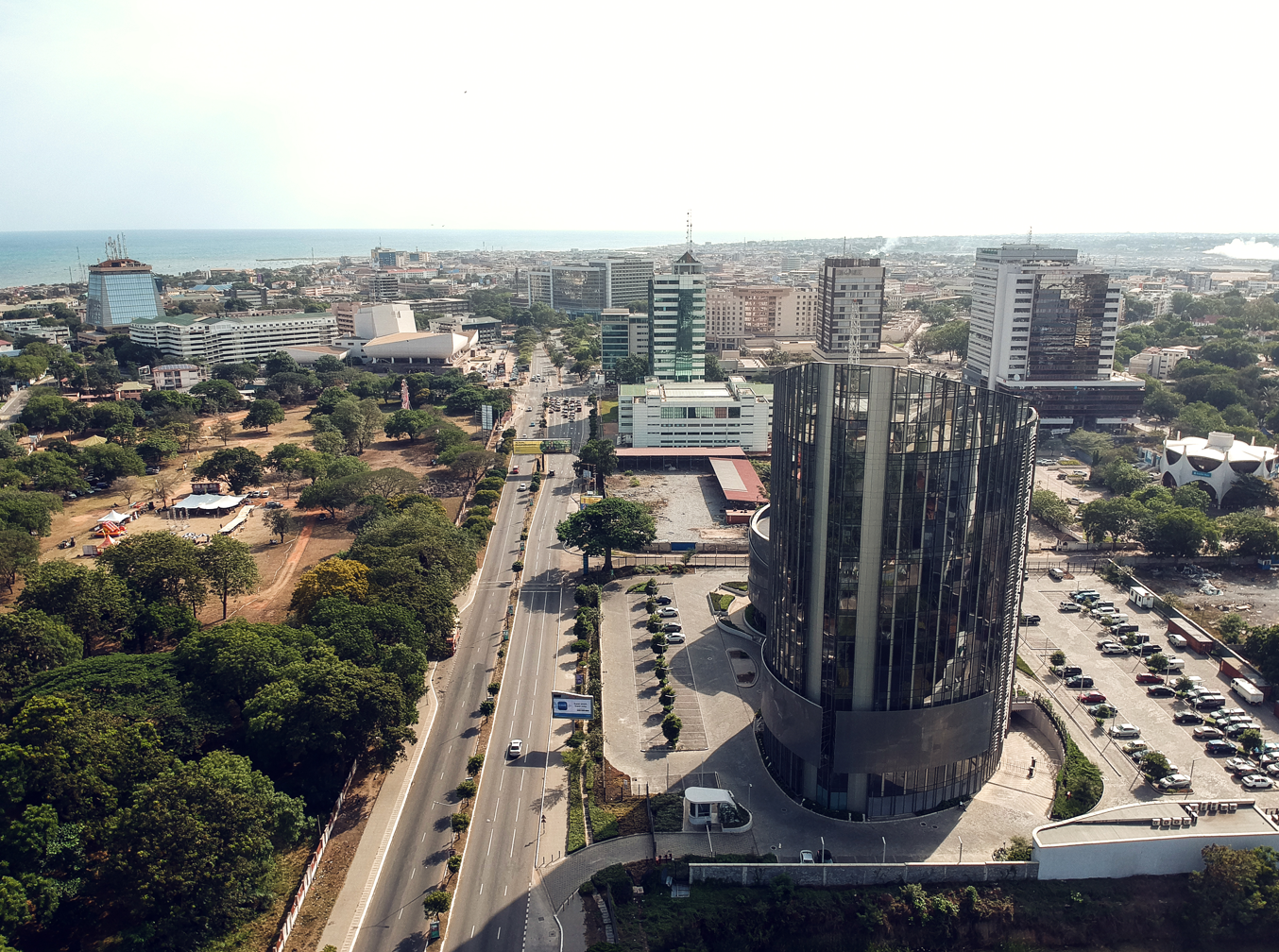The Revenue Services Lesotho (RSL), in partnership with the South African Revenue Service (SARS) and with technical support from the World Customs Organisation (WCO), has launched the End-to-End Time Release Study (TRS) Report, an ambitious initiative aimed at improving border efficiency and trade facilitation between Lesotho and South Africa.
The study, conducted at key entry points such as Maseru Bridge and Ficksburg Bridge, measures the time it takes for goods and travellers to move across borders and through customs procedures. The findings are expected to serve as a baseline for reforming clearance systems, optimising border management, and enhancing trade competitiveness.
The End-to-End Time Release Study (TRS) reflects the Revenue Services Lesotho’s (RSL) commitment to reducing administrative inefficiencies and enhancing inter-agency coordination at key border points. The initiative aims to promote economic growth by creating a more efficient and business-friendly border environment that supports regional integration and sustainable development. Enhanced collaboration between customs and other border agencies has already resulted in measurable improvements in clearance times and overall traveller experiences. These advancements align with Lesotho’s broader economic reform agenda, which prioritises the simplification of procedures, the digitalisation of customs operations, and the strengthening of trade infrastructure.
The TRS provides detailed empirical insights into clearance and processing times across major border posts, revealing notable differences in efficiency between crossing points, most prominently, Ficksburg Bridge was found to process shipments, particularly pharmaceuticals, more efficiently than Maseru Bridge. The study has further established a joint performance matrix between RSL and the South African Revenue Service (SARS), serving as a benchmark for continuous improvement and progress monitoring.
Beyond its operational outcomes, the TRS stands as a significant legal and institutional milestone. By harmonising customs procedures and strengthening bilateral collaboration, it reinforces compliance with international trade facilitation standards, including the World Trade Organisation (WTO) Trade Facilitation Agreement and the Southern African Customs Union (SACU) protocols, thereby advancing Lesotho’s integration into the regional and global trading system.
Such alignment enhances transparency and predictability for traders, key principles underpinning the Customs and Excise Act, the Revenue Services Act, and other trade-related legislation in Lesotho. The report’s emphasis on advanced technology, data integration, and stakeholder communication underscores a regional shift toward evidence-based border governance.
From a regulatory standpoint, the TRS has several important implications:
- Customs Modernisation: It provides a foundation for RSL to update its clearance systems and standard operating procedures to meet international benchmarks.
- Investor Confidence: Predictable border processes reduce transaction costs, attracting more regional investment and cross-border trade.
- Compliance Efficiency: Standardised clearance protocols support better enforcement of customs laws, including those relating to import/export permits, VAT, and excise compliance.
- Public–Private Partnerships: The TRS’s success demonstrates the value of cooperation between government institutions, private sector importers/exporters, and logistics operators.
The launch of the TRS marks a defining moment for Lesotho’s trade facilitation agenda. As RSL and SARS implement the study’s recommendations, traders can expect faster clearance times, reduced border congestion, and more transparent service delivery.
Ultimately, the initiative embodies a forward-looking vision: a harmonised customs regime that bridges not just borders, but economies.
--
Read the original publication a Mayet & Associates




